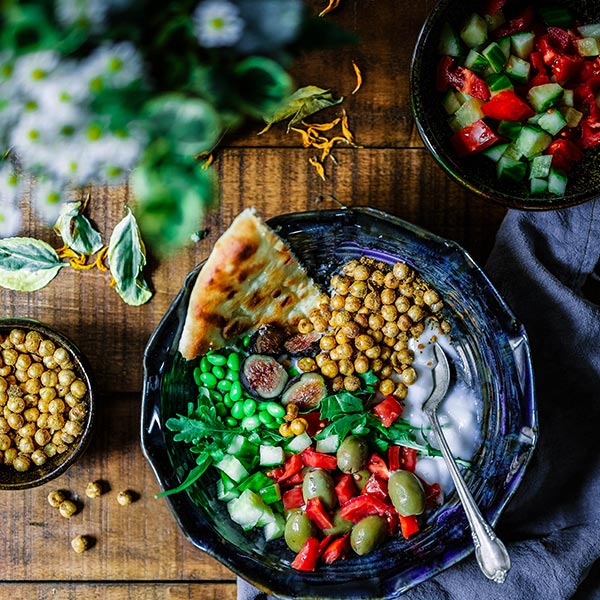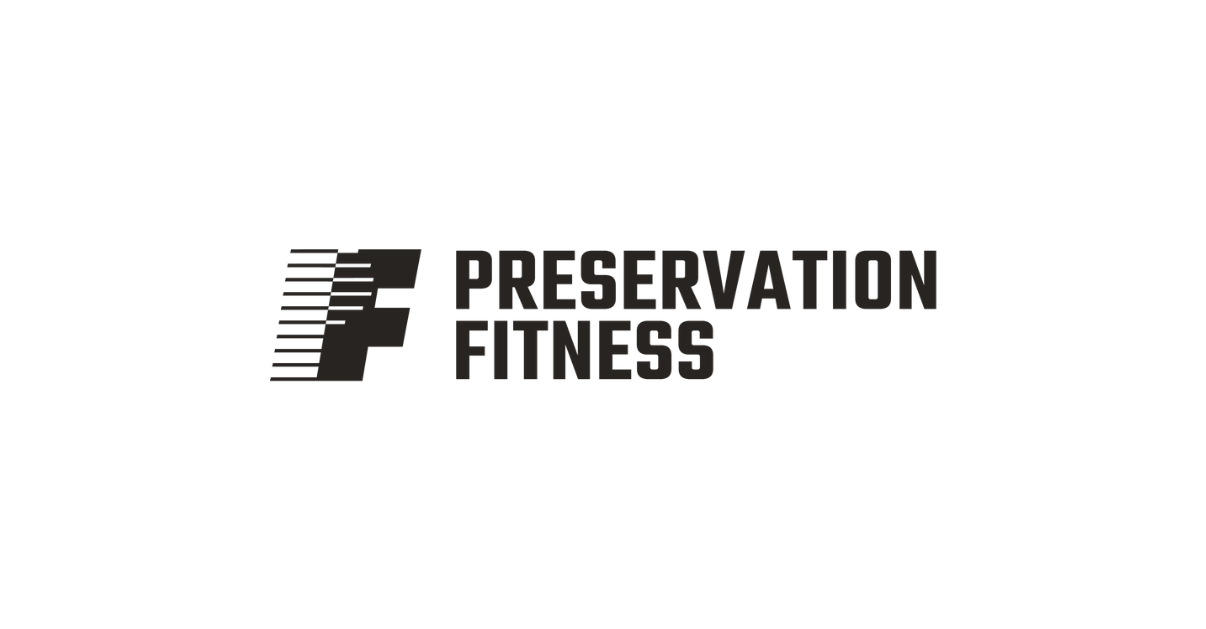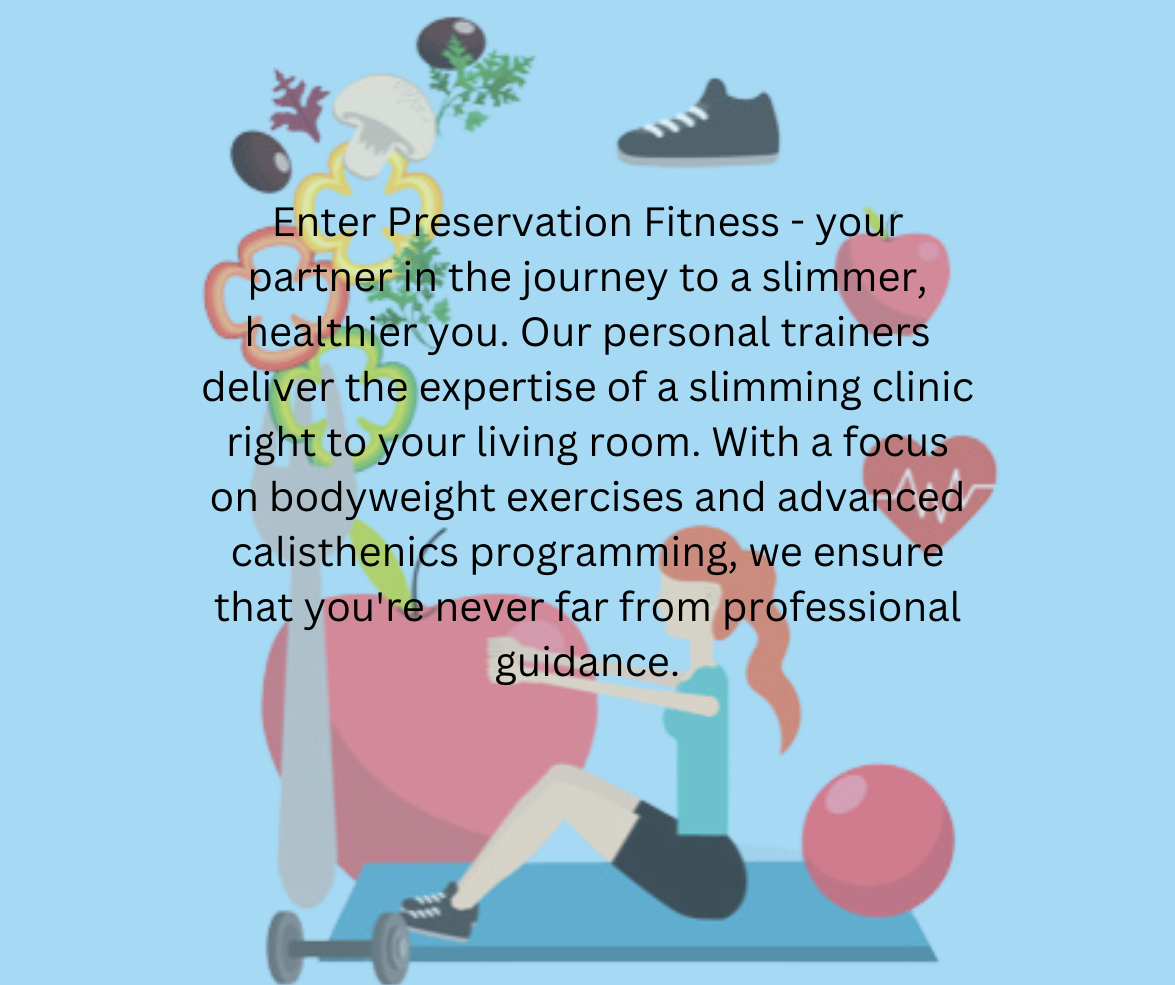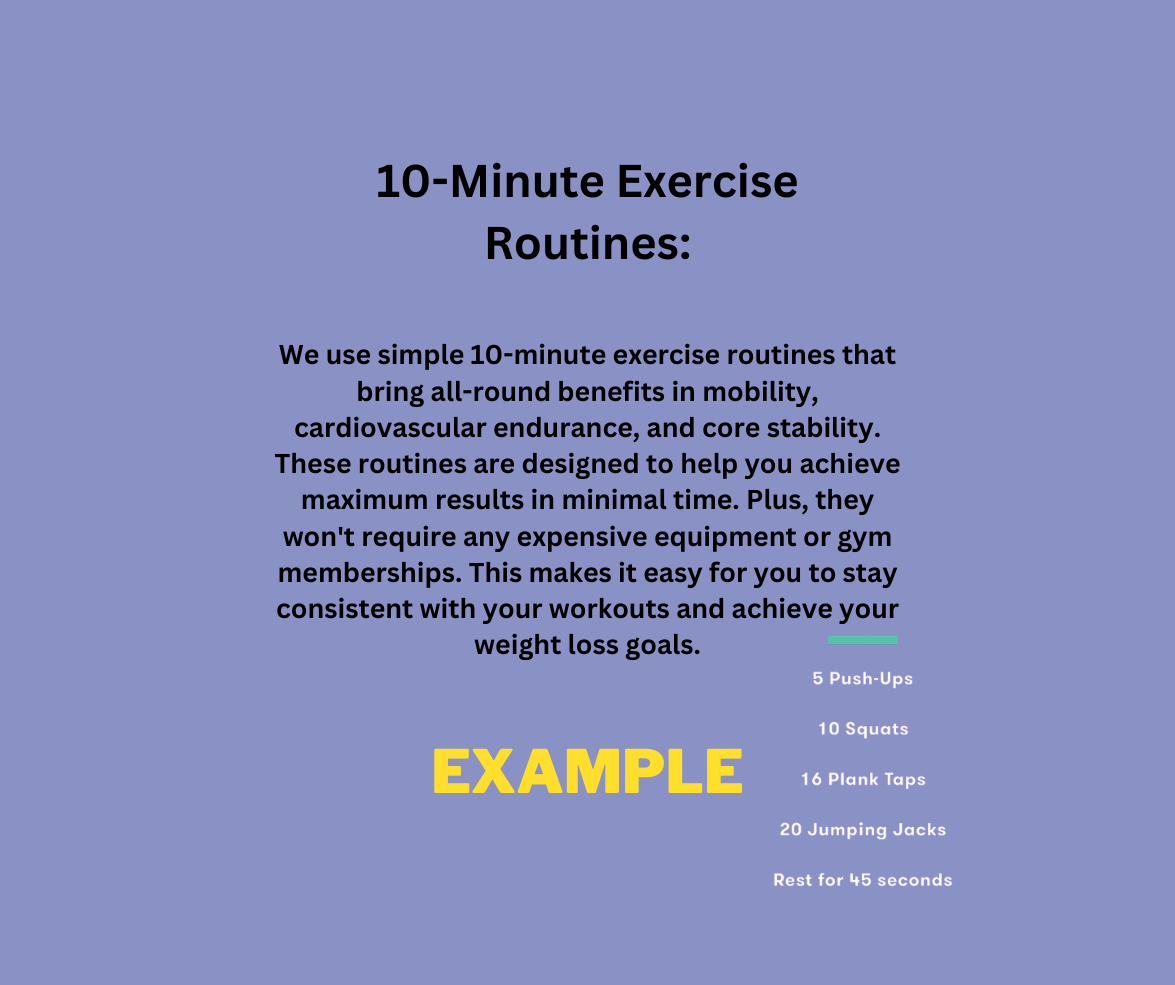
The importance of micronutrients for our health
Micronutrients, also known as vitamins and minerals are essential for our overall health (www.health.harvard.edu). There are almost 30 micronutrients that our bodies cannot create in sufficient amounts to support a healthy system. Therefore, we need to source these for ourselves predominately from our food. Obtaining these essential vitamins and minerals is even more important when you are training as you are putting higher demands on your body.
This article is going to start by looking in detail at why we need micronutrients and then I’ll give you some top tips as to how to introduce them into your diet.
Plants as an example
Have you ever looked at one of your house plants and wondered why its leaves are falling off, or that it just won’t grow?
Plants are just like humans in that if you give a plant the correct amount of minerals, it will thrive.
The same is true of human beings.
Smokers are a great example. Smoking inhibits your body from absorbing minerals and vitamins (verywellmind.com).
Common problems of a smokers lack of micronutrient absorption are:
Visible
- Dry, unhealthy looking hair.
- Bad teeth and gums health
- Poor quality nails
Non-visible
- Lack of vitamin C = weakened immune system
- Lack of vitamin E = Poor red blood cell production
- Antioxidant production
The Importance of Essential Minerals
Did you know, for example, that a plant has 14 essential minerals that it needs to live a happy life?
These include calcium, magnesium, iron, copper and zinc. Most of these minerals we human beings also rely on for life.
Human beings require 16 essential minerals, which is only two more than our sun-loving partners – plants 🙂 and hence the saying ashes to ashes, dust to dust. Meaning we essentially came from the ground, and when we pass away, we slowly return back to those trace elements listed below.
Are you getting the idea? Now let’s look at the big boys in more detail.
Potassium
So back to one of those trace elements potassium. Potassium helps to inhibit the correct functioning of the central nervous system, and it is the primary intercellular ion for all types of cells while having a major role in the maintenance of fluid and electrolyte balance. To sum up potassium, it is necessary for the function of all living cells and is present in all mammal animal and plant tissues. In humans, it is essential for water and electrolyte balance and the proper functioning of cells.
What to eat:
- Avocados
- Bananas
- Salmon
- Oranges
Calcium
Calcium is the 5th most abundant element in the earth and the third most abundant metal after iron and aluminium. Ashes to ashes and dust to dust as they say?!
The human body and in particular bones need a constant supply of calcium to maintain bone growth and density.
A consistent supply of good quality calcium in a diet can :
- Keep your teeth healthy
- Prevent blood clotting
- Support your central nervous system
- Help your heart function efficiently
The recommended daily intake (RDA) of calcium is 1000mg per day for most adults. The RDA for the over 70’s and women over 50 goes up to around 1200mg per day.
What to eat
- Yoghurt
- Fish-sardines canned salmon
- beans and lentils
- Almonds
Iron
Iron is vital in the transportation of oxygen in the blood. Without correct and regular amounts of iron in the bloodstream, your blood cannot efficiently transport oxygen around the body.
This is because haemoglobin is roughly two-thirds iron, which is what oxygen adheres itself to when circulating the lungs.
What to eat
- Shellfish
- Spinach
- Liver and organ meats
- Pulses
Magnesium
Magnesium is the fourth most abundant mineral in the human body (https://www.healthline.com/nutrition/what-does-magnesium-do) and plays a role in 300 biochemical functions. Low levels of magnesium have been linked to depression, high blood pressure, and heart disease. For example, The Framingham heart study indicated low levels of magnesium in the blood are associated with the most common
heat rate disorder – Atrial fibrillation. This is when a malfunction in the heart’s electrical system causes the upper chambers of the heart to quiver.
Less than 1% of the body’s magnesium is found in the blood. Most of it (up to 60%) is concentrated in the bones. Most healthy adults have around 25 grams of magnesium in their bodies with the RDA sitting at about 400 milligrams for men aged between 19-30 and 310mg for women of the same age.
What to eat
- Bananas
- Cashews
- Pumpkin seeds
- Flaxseeds
- Oatmeal
- Almonds-105mg per quarter cup
VITAMIN E
Vitamin E is essential in the maintenance of the body’s skin, eyes, and the strengthening of the immune system. A healthy immune system is crucial in the fight against illness.
How much vitamin E do I need?
4 milligrams a day for men
3 mg a day for women
If your body has ingested more Vitamin E than it needs for any 24 hour period, it will store it for future use , so you don’t have to worry about taking in the correct amount every day.
What to eat
- Plant oils such as olive oil (not cooked)
- Nuts and seeds
- Wheat germ (found in cereals and cereal products)
Summary
I want to take this opportunity to say that, where possible, you should always look to source your dietary requirements from whole foods. That is to say, foods that have not been processed.
There is a lot of conflicting evidence to support the use of diet supplements through the procurement of vitamin pills.
More information on this can be read here:
https://www.nhs.uk/common-health-questions/food-and-diet/do-i-need-vitamin-supplements/
Stick to eating whole foods!
References
www.ncbi.nlm.nih.gov/pubmed/21796828
https://www.webmd.com/vitamins-and-supplements/features/iron-supplements#1
https://www.health.harvard.edu/staying-healthy/micronutrients-have-major-impact-on-health
https://www.verywellmind.com/smoking-and-vitamin-depletion-2825319





